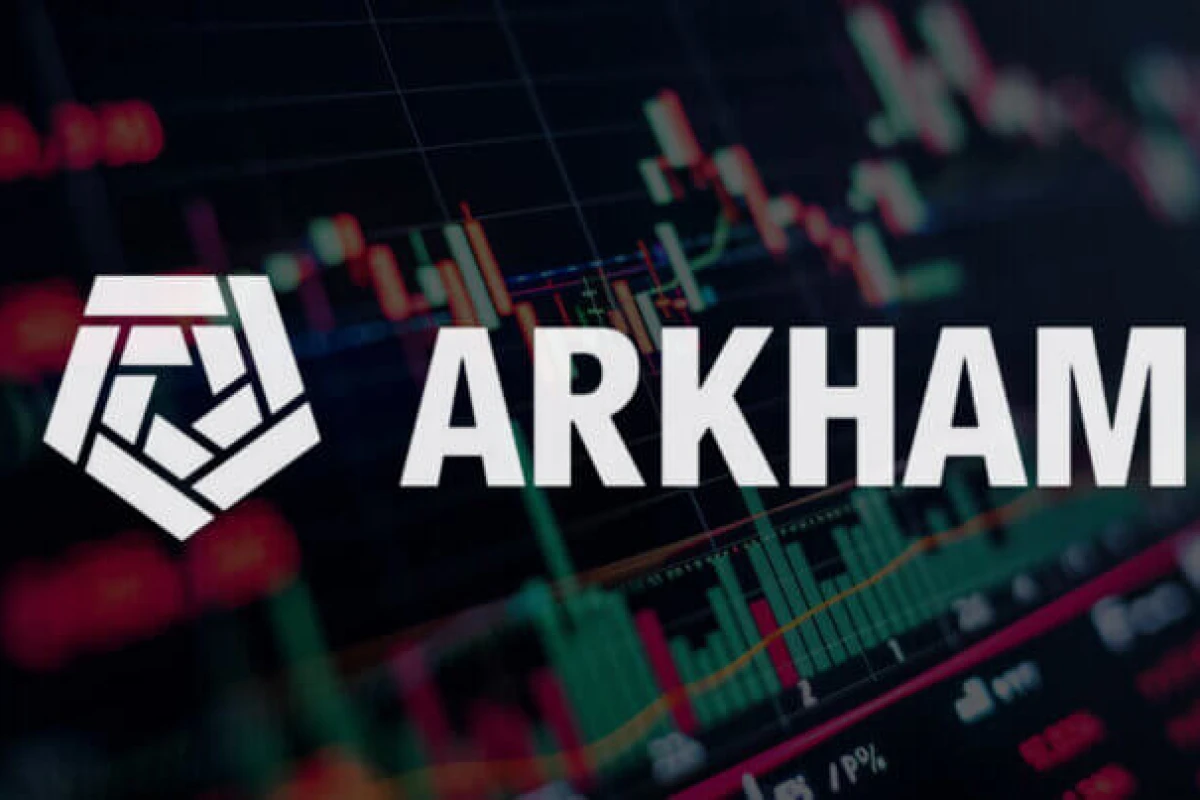
Real Estate Tokenization: Benefits and Perspectives
What is Real Estate Tokenization?
Real estate tokenization is the process of converting ownership rights of physical real estate assets into digital tokens, which can be bought, sold, and transferred via blockchain. It allows the value of real estate to be divided into smaller parts, making access to investment in this sector much easier. Through tokenization, each investor can acquire a portion of an asset without owning it entirely, opening new opportunities for people with limited finances.
The tokenization process involves several stages:
- Valuation of the property.
- Dividing this value into digital tokens.
- Launching platforms for token trading, allowing investors to buy and sell shares.
This process uses blockchain and smart contract technologies to ensure transparency and security of transactions. Blockchain allows tracking of all transactions and guarantees their execution without third-party interference.
Benefits of Real Estate Tokenization
Tokenization offers several significant benefits for both investors and property owners. Here are some of the key advantages:
- Accessibility for investors with limited capital: Thanks to tokenization, even small investors can participate in the real estate market without having a large sum to buy an entire property. They can acquire a portion of tokens corresponding to a share in the property's ownership, thus investing smaller amounts.
- Liquidity: The real estate market is traditionally illiquid: selling a property can take months or even years. Tokenization allows quick buying and selling of property shares on specialized platforms, making the market much more liquid.
- Transparency and security: Blockchain technology ensures that all token transactions are transparent and recorded in real-time. This significantly reduces the risk of fraud or document forgery. Additionally, smart contracts automatically enforce the terms of the agreement, further enhancing security.
- International access: Tokenization enables investment in real estate in any country worldwide. Blockchain has no borders, allowing investors from different parts of the world to participate in trades and make investments.
- Automation of processes: Smart contracts can automate many processes, such as rental income distribution, asset management, or contract execution. This significantly reduces administrative costs and ensures quick transaction completion.
Challenges of Real Estate Tokenization
Despite the numerous benefits, real estate tokenization also faces certain challenges. Here are some of the key obstacles:
- Legal and regulatory barriers: Legislation regarding tokenization may differ by country. Many countries do not yet have clear laws regarding blockchain and cryptocurrencies, which can complicate the implementation of real estate tokenization internationally. In some cases, regulators may impose restrictions on token trading or their use in specific sectors.
- High implementation costs: The tokenization process requires significant investments at the stage of creating a platform for token trading as well as securing legal aspects. Many startups in this field face financial difficulties and project support issues at early stages.
- Technical challenges: Real estate tokenization requires the implementation of complex blockchain and smart contract technologies. Ensuring the security and efficiency of these systems is essential to avoid vulnerabilities and errors in the code.
- Lack of trust in new technologies: Not all investors are ready to trust new technologies like blockchain, especially in traditional and conservative sectors like real estate. Many people may be skeptical about using cryptocurrencies or digital tokens in such important transactions.
Prospects for the Future of Real Estate Tokenization
Despite the existing challenges, the prospects for real estate tokenization look very promising. In the coming years, we may see:
- Expansion of the legal framework: It is expected that more countries will develop clear laws that will foster tokenization. This may include the creation of appropriate legal frameworks for cryptocurrencies and smart contracts as well as the establishment of standards for asset tokenization.
- Wider adoption of blockchain technology: As blockchain technology continues to evolve and be applied across various sectors, real estate tokenization may become a common practice. Token trading platforms will become more accessible and user-friendly for participants.
- Diversification of investments: Through tokenization, investors will be able to diversify their portfolios by including various real estate assets from different countries and regions. This reduces risks and ensures investment stability.
Conclusion
Real estate tokenization is a modern and promising approach to investing in real estate, offering many opportunities for a broader audience of investors. Through tokens, the real estate market becomes accessible to a larger number of participants, liquidity is increased, and transactions are made more transparent. However, to ensure the success of tokenization, legal, technical, and regulatory challenges must be addressed. If these barriers are overcome, tokenization could significantly transform the traditional real estate market and make it more open and accessible for everyone.

